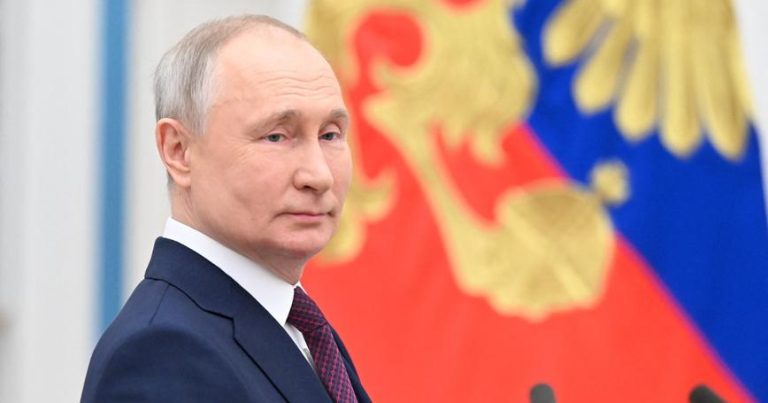From the Soviet Union’s Collapse to Putin’s Ascendancy: The New Leaders of Russia
The collapse of the Soviet Union in 1991 marked the end of an era and the beginning of a new chapter in Russian history. With the dissolution of the Soviet state, the leadership in Russia underwent significant changes. In this blog, we explore the succession of leaders who assumed the reins of power after the fall of the Soviet Union, leading the nation through a transformative period of political and social change.
1. Boris Yeltsin (1991-1999):
Boris Yeltsin emerged as the first President of Russia following the dissolution of the Soviet Union. He was elected in 1991 and played a crucial role in leading the country during its transition from a communist state to a democratic nation. Yeltsin faced numerous challenges, including economic hardships, political instability, and growing tensions with regional authorities. His leadership was marked by sweeping reforms and efforts to establish a market-oriented economy and democratic institutions.
2. Vladimir Putin (1999-2008):
In 1999, Boris Yeltsin’s declining health led him to appoint Vladimir Putin as his Prime Minister. Just a few months later, on December 31, 1999, Yeltsin resigned, and Putin assumed the presidency. Putin’s leadership brought a new era of stability and assertiveness in Russia’s domestic and foreign policy. His tenure witnessed significant economic growth and a consolidation of power within the Russian government. Putin’s presidency laid the foundation for a strong central authority and marked the beginning of a more assertive Russia on the global stage.
3. Dmitry Medvedev (2008-2012):
In 2008, Putin reached his term limit as President and instead took on the role of Prime Minister, effectively remaining the most influential figure in Russian politics. Dmitry Medvedev, a close ally of Putin, became the new President of Russia. During his presidency, Medvedev focused on modernizing the economy and improving Russia’s global image. However, it was widely perceived that Putin continued to exert significant influence behind the scenes.
4. Vladimir Putin’s Return (2012-present):
In 2012, Vladimir Putin returned to the presidency after winning the election. His second and subsequent terms solidified his position as one of the most influential leaders in contemporary Russian history. Putin’s leadership has been characterized by a strong emphasis on national sovereignty, military assertiveness, and the consolidation of power within the Kremlin. His tenure has seen both domestic reforms and increased international prominence, with Russia asserting its interests in various global affairs.
The collapse of the Soviet Union in 1991 brought about a new era in Russian politics, marked by a succession of leaders shaping the nation’s trajectory. From Boris Yeltsin’s initial efforts to build a democratic Russia to Vladimir Putin’s continued dominance in the 21st century, each leader has played a crucial role in shaping the nation’s political landscape. As Russia continues to navigate through a rapidly changing world, it remains a key player on the global stage, with its leadership influencing not only domestic policies but also international affairs.


